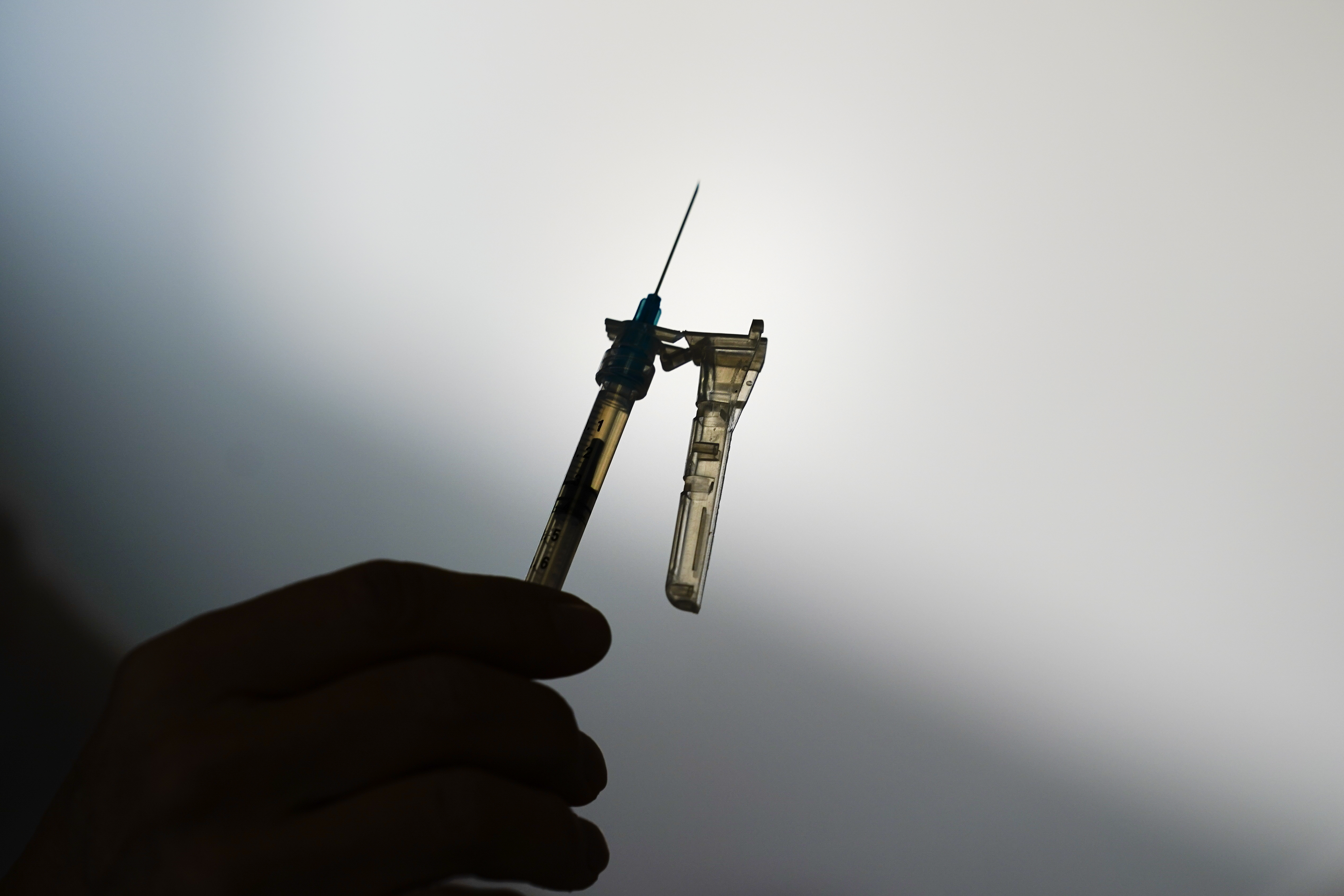Background
The legislation, Home Invoice 71, particularly bans gender transition surgical procedures, puberty blockers and hormone remedy for these underneath 18 with gender dysphoria. It additionally makes it a felony for medical professionals to supply the care, with a penalty of as much as 10 years in jail.
Idaho’s Republican-controlled Legislature handed the invoice, also called the Weak Little one Protecting Act, in February, and Gov. Brad Little, additionally a Republican, signed it into legislation in April. The ban was set to take impact on Jan. 1, 2024.
Mr. Little stated the ban sought to “defend kids.” However main medical organizations, together with the American Academy of Pediatrics, have come out in help of gender transition care, saying bans pose critical psychological well being dangers to younger folks.
In Could, two Idaho households, together with the American Civil Liberties Union and different organizations, filed a lawsuit to dam the ban from taking impact, claiming that it was unconstitutional and dangerous to the well-being of transgender minors.
“The place the adolescent affected person, their mother and father and their physician all agree that gender-affirming medical care is medically mandatory, the legislation strips households of the flexibility to entry such care,” the grievance stated.
“With the ability to reside my life as my true self has been a protracted journey, and my medical care has been an vital a part of that journey,” one plaintiff, a 16-year-old transgender woman listed as Jane Doe within the case, stated in a press release.
On Dec. 27, Choose B. Lynn Winmill, who was appointed by President Invoice Clinton in 1995, issued a preliminary injunction, saying within the ruling that the plaintiffs had “proven a powerful probability of success on the deserves of their claims.”
Why It Issues
Idaho’s laws is a part of a nationwide wave of legal guidelines that intention to limit the rights of transgender minors. To this point this yr, at the very least 20 states, all of which have Republican-controlled legislatures, have handed bans or restrictions on gender transition look after younger folks.
In additional than half of the states which have handed such bans, courtroom challenges have been filed. Many judges over latest months have dominated in favor of plaintiffs in search of to dam these bans briefly whereas challenges to them proceed. However appeals courtroom rulings in Georgia, Alabama, Kentucky and Tennessee have reversed these selections, creating much more uncertainty for transgender minors and their households. In November, plaintiffs within the case towards Tennessee’s ban turned the primary to ask the Supreme Courtroom to weigh in on the difficulty.
In Idaho, the Weak Little one Protecting Act shouldn’t be the one legislation limiting the rights of transgender youth that’s at present the topic of authorized battles.
Days earlier than signing the Weak Little one Protecting Act, the governor signed a separate invoice affecting transgender minors, often called Senate Invoice 1100. This legislation prohibited transgender college students from utilizing public bogs not aligned with their gender assigned at delivery and allowed college students to take authorized motion towards faculties in the event that they encountered a transgender pupil not abiding by the rule.
The lavatory ban took impact on July 1, and in August, a choose issued a brief restraining order, pausing the enforcement of the legislation till the courtroom guidelines on whether or not to grant a preliminary injunction.
What’s Subsequent
For now, transgender minors in Idaho will nonetheless have the ability to obtain gender transition care whereas the problem to the constitutionality of the state ban continues to maneuver by the authorized system.
Adeel Hassan contributed reporting.























